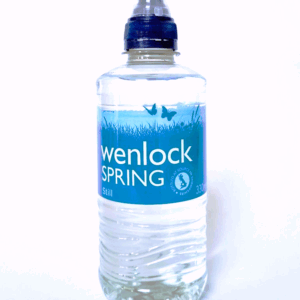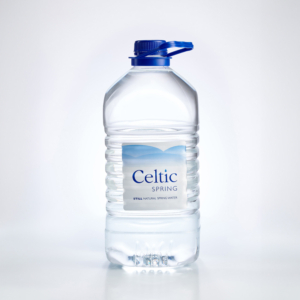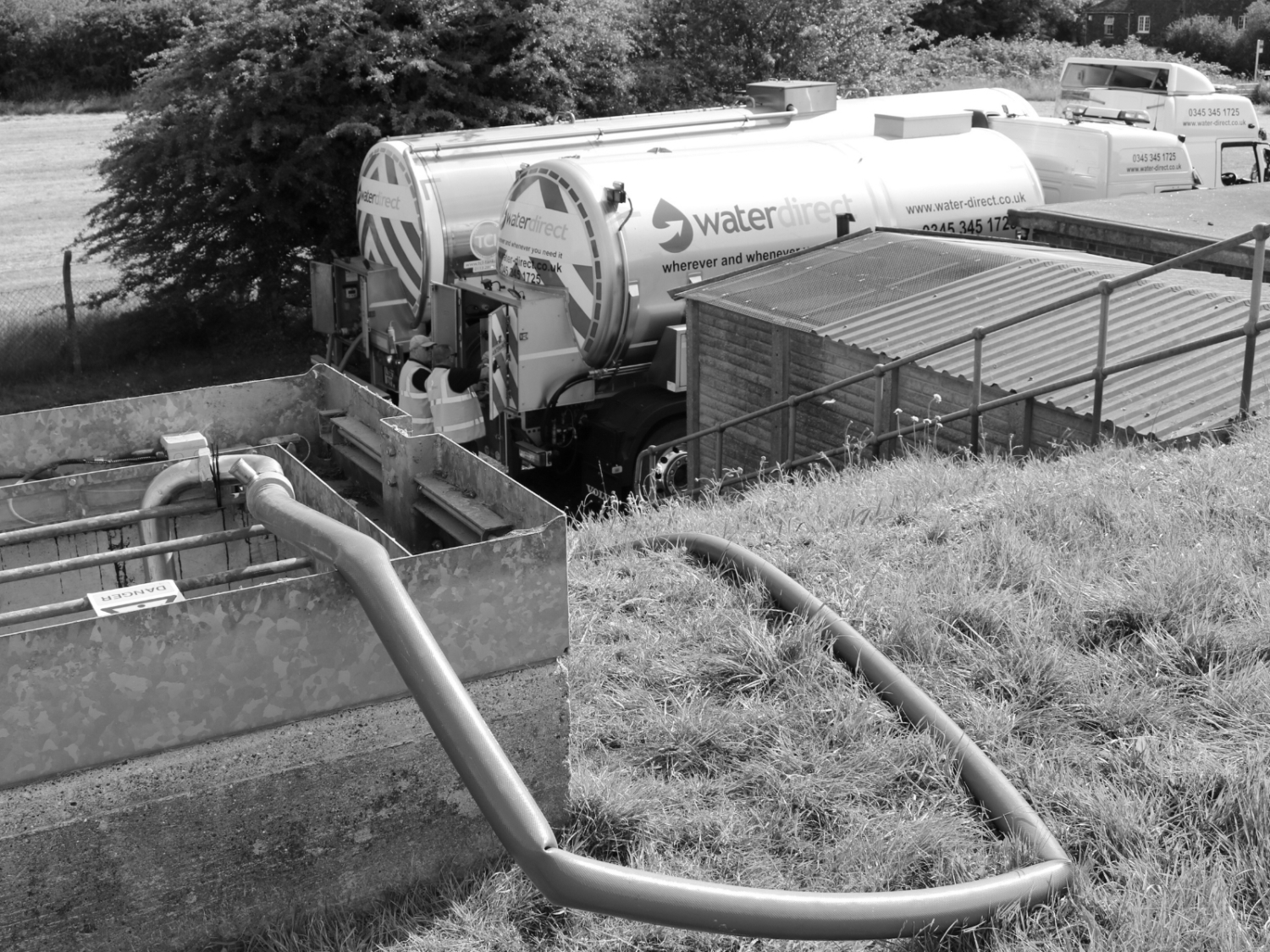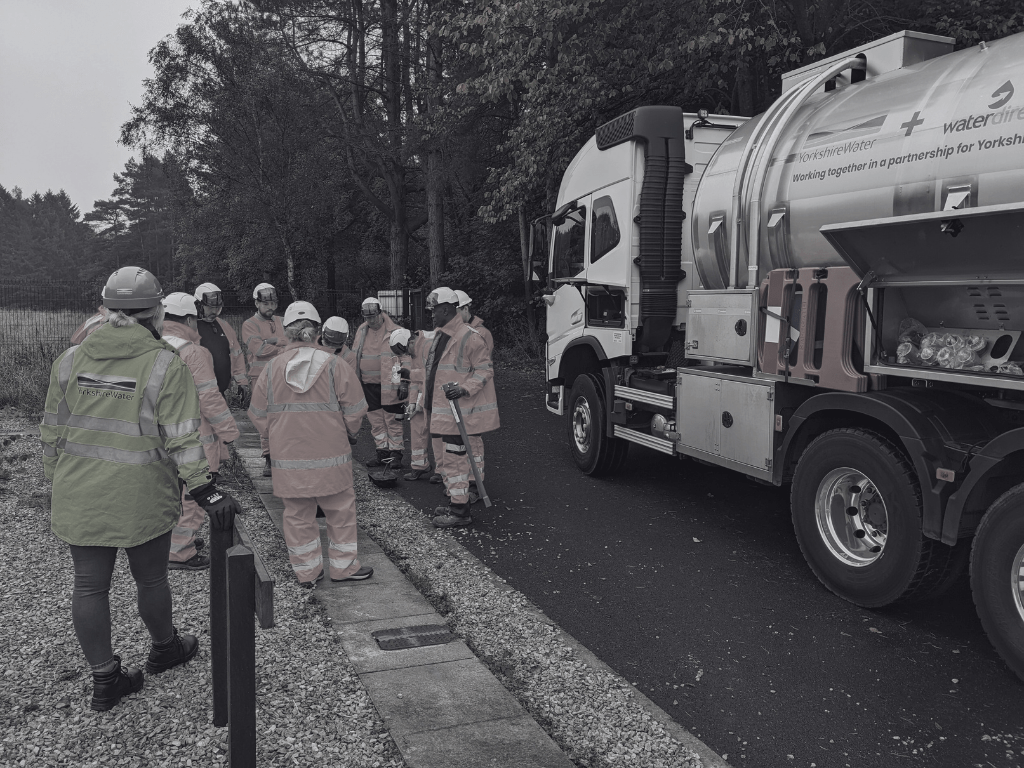
Why Every Business Needs a Water Contingency Plan
Water isn’t just a necessity, it underpins almost every business operation. From manufacturing and healthcare to hospitality and offices, a reliable business water supply is essential for productivity, compliance, and safety. That’s why every business needs a water contingency plan: in the UK, increasing droughts, ageing infrastructure, and weather extremes make water supply disruptions a growing risk. A robust water contingency plan is no longer optional, it’s vital for resilience, compliance, and safeguarding your operations.
What Is a Water Contingency Plan?
A water contingency plan (sometimes called a water emergency plan) is a proactive strategy that sets out how a business will maintain safe, reliable access to water during interruptions. This may include burst mains, contamination, infrastructure failure, scheduled maintenance, or drought.
The goal is simple: to protect staff, customers, and operations by ensuring continuity and compliance with UK water regulations.
Why Businesses Can’t Ignore Water Supply Risks
- Supply Interruptions
Parts of England have faced water stress in 2025, with some regions warned that drought conditions may last until autumn. These events highlight how quickly shortages can escalate, disrupting even the most prepared organisations. - Infrastructure Challenges
Across the UK, ageing infrastructure has led to massive leakage, over 1 trillion litres of water lost each year, and no new major reservoirs have been built in decades. This puts long-term commercial water supply security at risk. - Regulatory Shifts
In July 2025, the government announced reforms that will merge Ofwat, the Drinking Water Inspectorate, and parts of the Environment Agency into a single regulator within two years. These changes underline how seriously supply resilience and compliance are now being taken.
The Consequences of Not Having a Plan
- Operational Downtime
Interruptions in water supply can halt production, close sites, and delay services. - Financial & Legal Exposure
Losses from downtime, regulatory fines, and the cost of emergency water sourcing can be immense. - Health, Safety, and Reputation
Without clean water, businesses may breach health regulations, risk Legionella outbreaks, or undermine stakeholder trust.
Benefits of a Water Contingency Plan
- Operational Continuity
Keeps critical functions running through supply interruptions by outlining backup water sources. - Health & Safety
Mitigates risks like Legionnaires’ disease by ensuring safe water management during downtime. - Regulatory Assurance
Helps demonstrate compliance with frameworks like the Civil Contingencies Act and Private Water Supplies Regulations. - Reputation and Trust
Shows customers and regulators you’re prepared, responsible, and proactive.

What Should Be Included in a Water Contingency Plan?
- Risk Assessment
Identify threats, from supply failure and contamination to ageing pipes and drought. Reference ACOP L8 guidelines for managing Legionella and developing a Water Safety Plan. - Alternative Supply Arrangements
Include clear procedures for accessing bowsers, tankers, standpipes, or bottled water. Public water companies typically plan to supply at least 10 litres per person for the first 24 hours and 20 litres thereafter in emergencies, but having a reliable emergency water supply partner ensures business continuity. - Roles & Responsibilities
Designate staff for activation, communication, risk monitoring, and liaising with suppliers and regulators. - Communication Protocols
Set internal instructions and external stakeholder updates to ensure calm, clear messaging. - Testing & Review
Document all responses and conduct regular reviews and drills—aligning with continuous monitoring best practices.
Every business needs to prepare for the unexpected. With Water Direct, you can access reliable Water Contingency Planning and complete water solutions designed to keep your operations safe, compliant, and resilient.
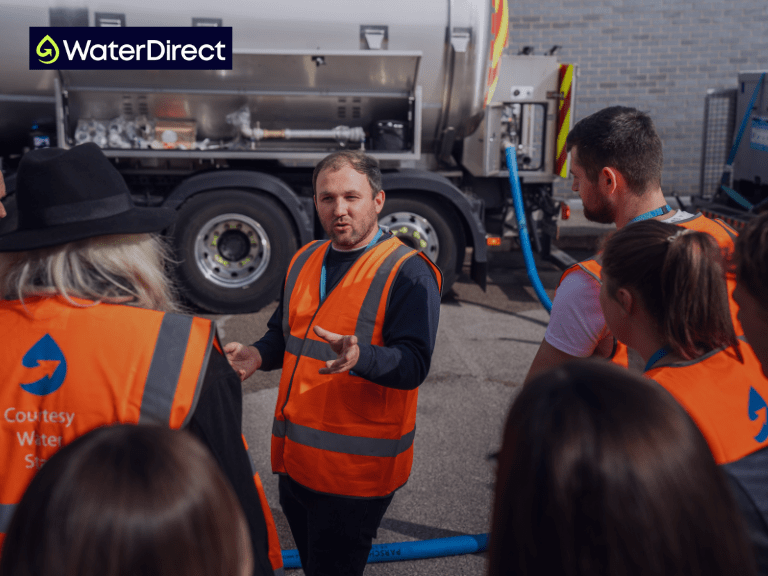
Conclusion
With increasing water stress, regulatory scrutiny, and infrastructure decline across the UK, businesses can’t afford to be caught unprepared. A robust water contingency plan backed by reliable emergency water supply solutions ensures that you stay operational, compliant, safe, and trusted, regardless of the upstream challenges.
FAQs
What UK water supply risks do businesses face?
Drought, aging infrastructure, leakage, regulation changes, and emergencies like burst mains or contamination.
Who regulates water supply reliability in the UK?
Historically, Ofwat and the Drinking Water Inspectorate led regulation—but reforms in 2025 will merge these roles under a new integrated authority.
How can businesses prepare for a water shortage?
By conducting risk assessments, sourcing backup water (tanks, bowsers), assigning responsibilities, and testing regularly.
Share:
